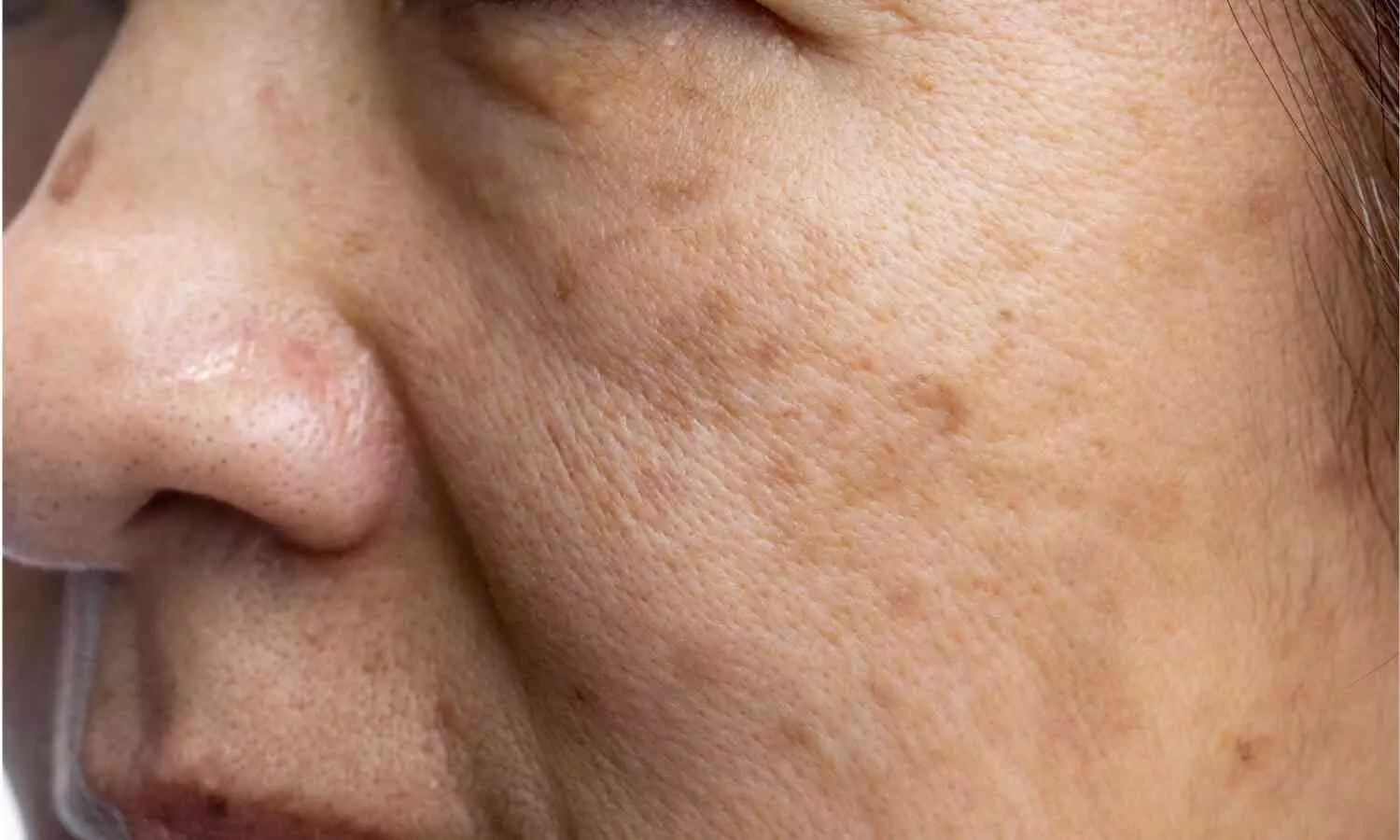Study Finds Over 80% of Indian Women Affected by Melasma and PIH

New Delhi: Nearly 40% of the global population faces pigmentation issues, including hyperpigmentation, melasma, and dark spots. Dermatologists are developing safe, advanced treatments to address these concerns. With increasing demand for long-lasting results, innovations in skincare technology are setting new standards for more effective pigmentation management.
India faces significant challenges when it comes to skin pigmentation disorders, particularly due to its diverse population. Conditions like melasma and post-inflammatory hyperpigmentation (PIH) are highly common, especially among women, making these issues more prevalent across the country.
Melasma is the most prevalent pigmentary disorder in India, affecting around 20-30% of women aged between 40 and 65. It is marked by brown to gray-brown patches on the face and disproportionately impacts women, who make up 90% of the cases.
Factors contributing to melasma include exposure to UV radiation, hormonal fluctuations such as those occurring during pregnancy or from contraceptive use, and genetic predisposition. Post-inflammatory hyperpigmentation (PIH), which develops after skin injuries or inflammation, is also highly common in the Indian population.
PIH often coexists with other hyperpigmentary disorders, contributing to the overall burden of pigmentation issues. A study involving 1,204 women across four Indian cities highlighted that over 80% exhibited skin color heterogeneity, with various forms of hyperpigmented spots being common.
Dr Hema Pant, Medical Director at Sculpt Aesthetic Clinic, emphasized, "Pigmentation transcends mere cosmetic concern; it's a profound skin issue impacting confidence, emotional well-being, and overall quality of life."
With advancements in next-generation laser therapies, patients are seeing more consistent and reliable outcomes. These non-invasive treatments are improving pigmentation management by precisely targeting melanin buildup, leading to shorter recovery periods and greater treatment effectiveness.
Recent advancements in skincare are offering new options for patients. Advanced laser treatments and topical solutions are showing progress in pigmentation removal, leading to more effective outcomes.
"For years, patients faced limited options, but today, we offer a comprehensive range of effective treatments," noted Dr Kritika Pandey, Senior Dermatologist, Gurgaon.
She further added, "Topicals like hydroquinone, retinoids, and vitamin C have proven immensely effective in reducing dark spots, evening skin tone, and preventing further discoloration. The real breakthrough lies in our ability to tailor treatment plans to individual skin needs. It's no longer a one-size-fits-all approach - each patient’s skin type, pigmentation severity, and lifestyle are meticulously considered to ensure optimal results."
These medical advancements address not only aesthetic concerns but also the emotional and psychological impact of pigmentation disorders. Experts emphasize the importance of early consultations with certified dermatologists to ensure appropriate and personalized treatment.
Procedures like chemical peels and microdermabrasion are becoming more popular for their ability to exfoliate and rejuvenate the skin, helping patients achieve a more even complexion.
"While pigmentation issues can be daunting, early intervention and appropriate treatments can drastically mitigate long-term effects. We now have the means to address root causes, be it sun damage, post-inflammatory hyperpigmentation, or hormonal changes, offering solutions that are both safe and effective." Dr Itishree Gupta, Senior Cosmetic Surgeon, Delhi emphasized.
As understanding and knowledge about pigmentation disorders increase, and with continued advancements in dermatology, more patients are finding effective, long-term solutions. Dermatologists are hopeful that these modern treatments will help patients achieve clearer skin while addressing the physical and emotional impacts of these conditions.


